They became synonymous with protest.
The "Black Panthers" protested the discrimination of members of the Eastern community and since the movement's founding in 1971, they have suffered negative coverage, become cultural heroes and put representatives in the Knesset.
They are now marking 50 years of operation, a year later because of the corona plague.
As part of the "Panthers Festival Returning to Musrara", initiated by the Musrara Community Administration, the founders will conduct tours of their childhood neighborhood in Jerusalem.
"We did not see brotherhood"
"Golda said we were not nice - and she was right," says Reuven Abergel, 79, one of the movement's founders and leaders.
"We're not supposed to be nice. The meetings with her were 'okay'. You go into a meeting that you know nothing will come out of, and still try."
He was born in the city of Rabat, the capital of Morocco.
When he was 7, his family immigrated to Israel and came to the Musrara neighborhood.
The neighborhood suffered from poverty, overcrowding, neglect and lack of education.
He and his friends wandered the streets and some degenerated into crime.
Abergel.
Golda Tzedaka, Photo: Coco
"I was a 28-year-old man. One morning a big bang happened to me, where I decided to get up and take action. We left the path of our parents, who were humble people, and said 'so far.' It was the defining moment for me. I still remember the chaos of life. I grew up. There are no kindergartens or schools, no electricity, no livelihood for parents, no agenda like I had in my childhood city. "Once I went for a walk on Balfour Street, I was arrested by the police on the grounds of wandering for the purpose of an outburst."
The grandchildren are proud
Some of the demonstrations escalated into clashes with police, but according to Abergel, the violence actually came from the government.
"We did not sit down and write at the top of the page that we want to carry out a violent protest. We went out to fight for our lives and for the good of the country."
What reactions did you get from the environment?
"At first the parents were afraid, did not support us and feared we would get into trouble. They believed everything was from God. But the situation changed after a night of violence and police arrests. For the first time the parents mustered up courage and joined the fight."
When asked if the fight was successful, Abergel says he does not look at it that way.
"My grandchildren are learning about this case at school, and they are proud of me. I know I have made every effort to make this world a better place for my children, grandchildren and great-grandchildren."
Like the Exodus from Egypt
Koko Deri, 68, one of the movement's founders, was born in Musrara.
"The country was run by a group of ignorant Europeans. Jews also had to be brought from Arab countries," he says.
"Because of the ignorance and fear of the different, after what they went through in the Holocaust, they put us in a state of poverty. The situation was very bad. Our struggles shocked the government. It was about servants and masters."
He said, "The election was imminent, but then the Yom Kippur War began, and the cannons thundered."
Deri says that "there were places that suffered more than the big cities. Ben-Gurion and a friend of his were terribly wronged."
He also described the difficult situation he was in at the time: "There was no choice but to steal food. I was sent straight to prison."
"The struggle was our only choice. I was the operations officer. This struggle changed the face of Israeli society from end to end. This is not the same country," says Deri, adding: "There are still remnants of that regime, the breast is still being taken out of the bottle. "Egypt. The feeling is that we have freed people from poverty and from slavery."
Deri.
This is not the same country, Photo: Naama Stern
"The state has abandoned us"
Shimon Levy (70) also grew up in the neighborhood.
"My group would do the operational operations. We acted independently because we feared undercover police. We wanted the government to recognize that there is poverty in Israel. We had nothing to eat.
"We were barefoot when we were children. We grew up in abject poverty. We would go to the Jordanian border, steal from the Arabs and flee. There was no man's land near Musrara. We started making a mess. The police would come and arrest us, we did not know what a law was and the state did not care about us. "They did nothing. They promised - and they did not keep," he says.
Levy says that they wanted to add guys from Yeruham, the Hatikva neighborhood and Be'er Sheva to the struggle.
He is convinced that they have succeeded in bringing about a change in the history of the State of Israel.
Levi.
Convinced of success, Photo: Oren Ben Hakon
"We protested, but our children did not move forward, because we had no possibility of progressing. Our children also suffered from it. You bequeath to your child your past. I still live in Musrara. After the story of the Black Panthers, we bought the houses in the neighborhood. They could not take us out. "Those who won are the young people of today. They are doing deluxe demonstrations. My parents came to Musrara, and I was born here. That is my luck. We were the wall of the State of Israel against the Jordanians. The state abandoned us all the time."
Over the years, Shimon Levy has decided to stand on his own two feet.
He worked for the Jerusalem municipality for 30 years, and continues to work.
"We now have an exhibition of the Black Panthers in the Musrara neighborhood, with our pictures. Everyone comes and learns about the history of the neighborhood and the Panthers," he notes.
Were we wrong?
Fixed!
If you found an error in the article, we'll be happy for you to share it with us

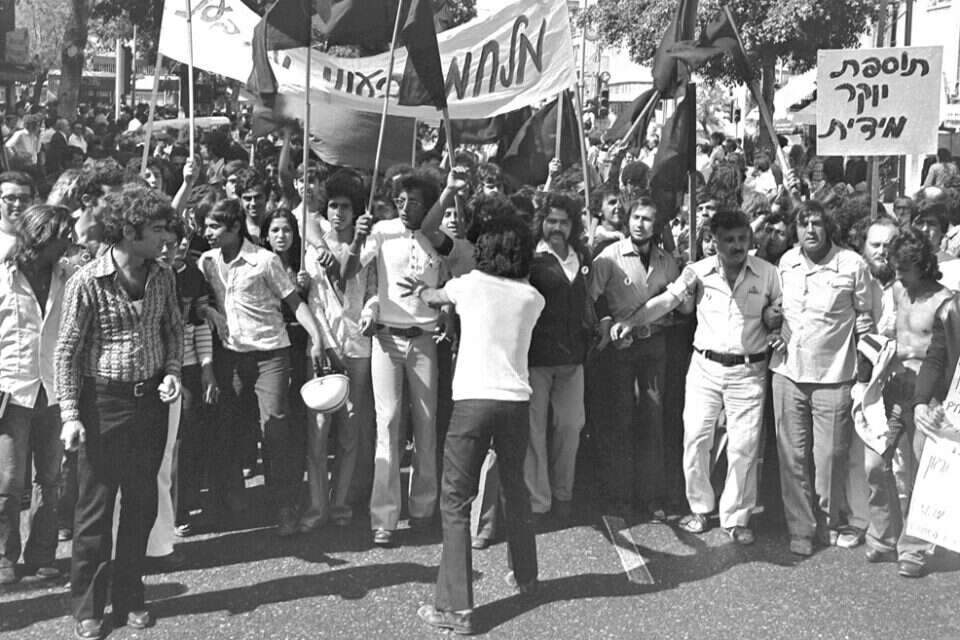
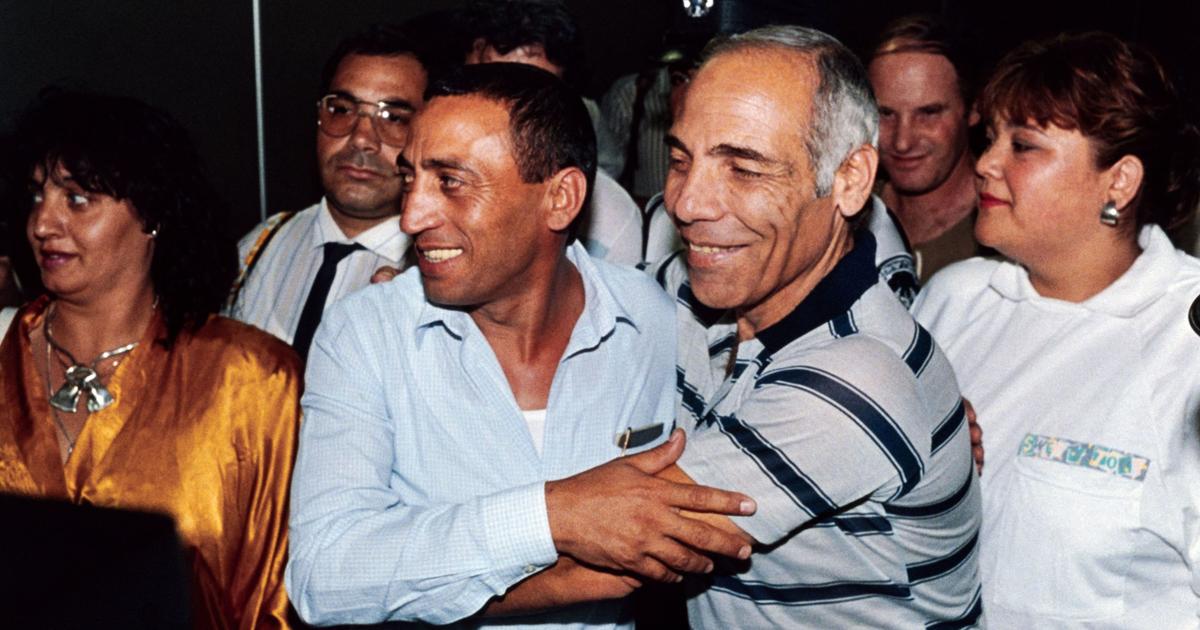
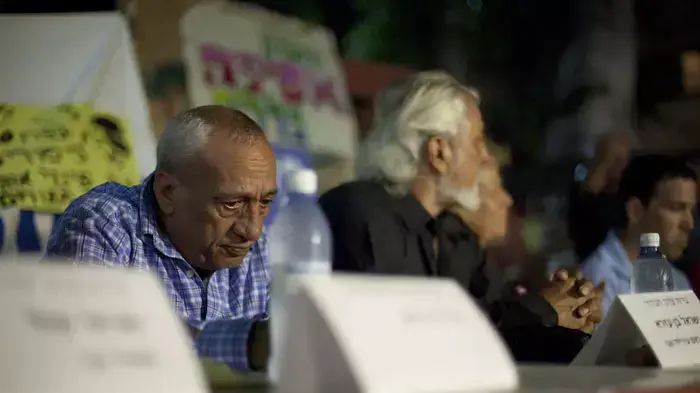
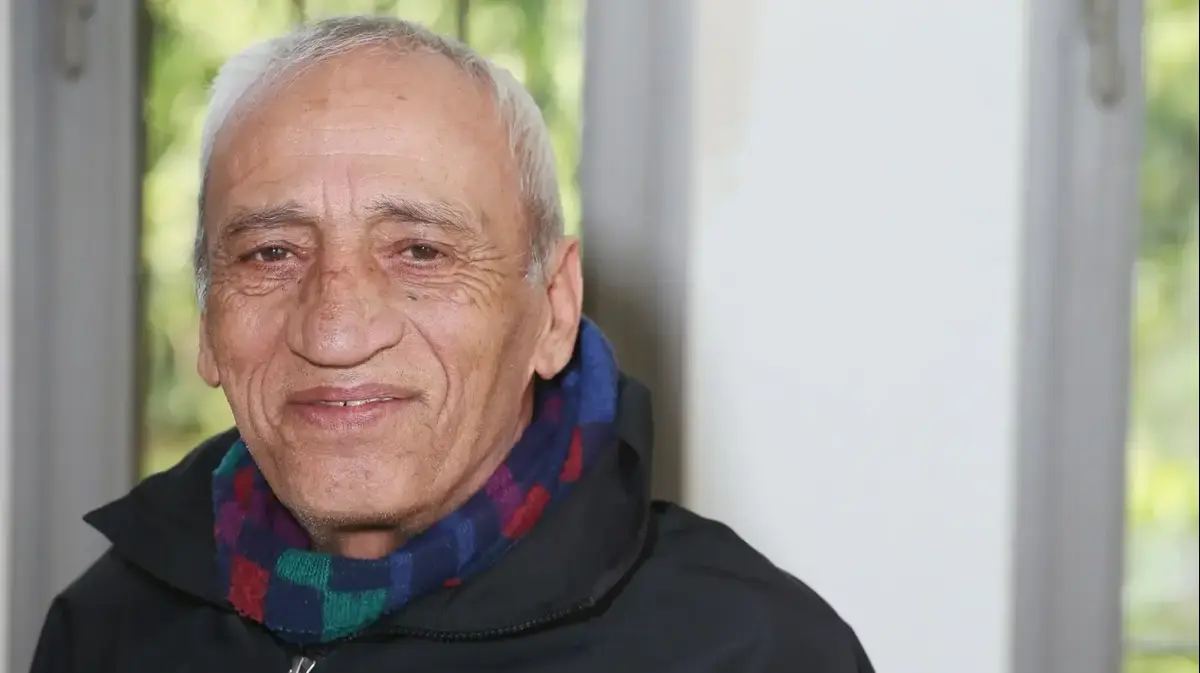
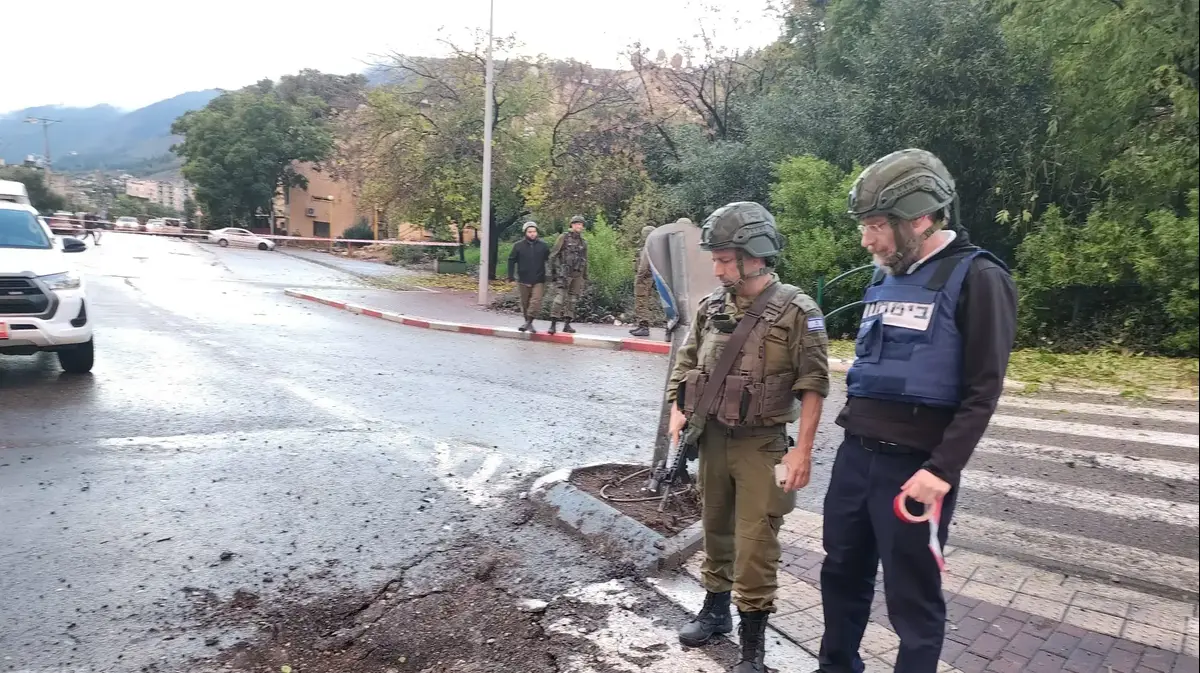


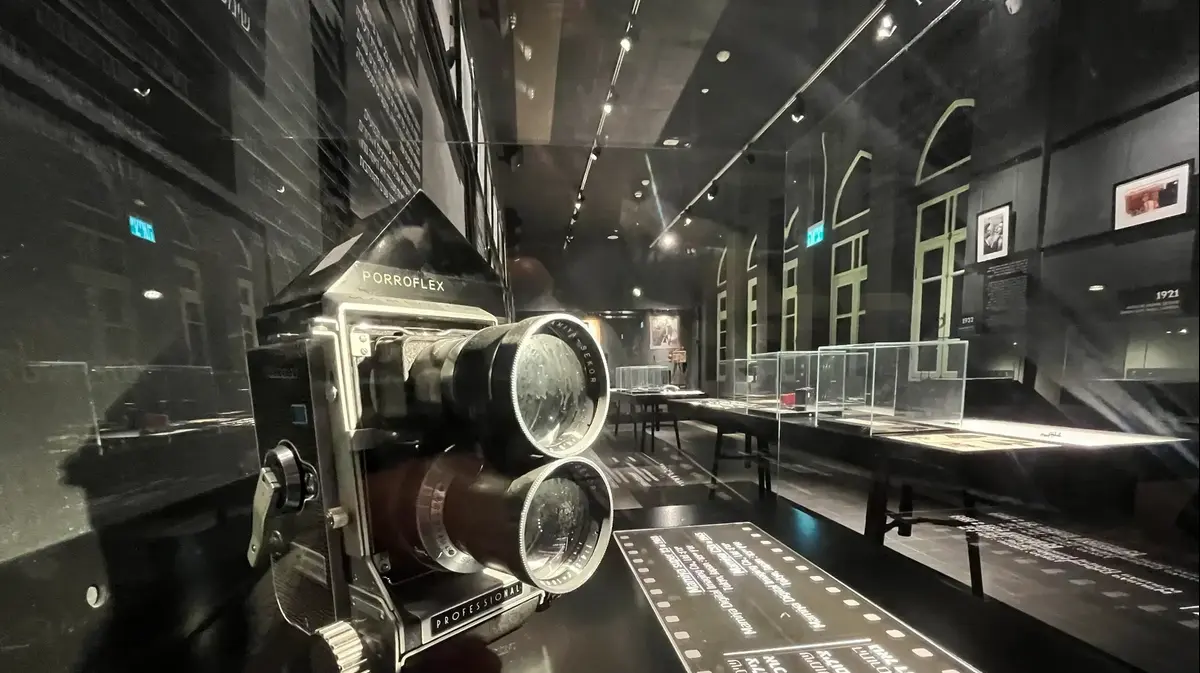


/cloudfront-eu-central-1.images.arcpublishing.com/prisa/KMEYMJKESBAZBE4MRBAM4TGHIQ.jpg)



